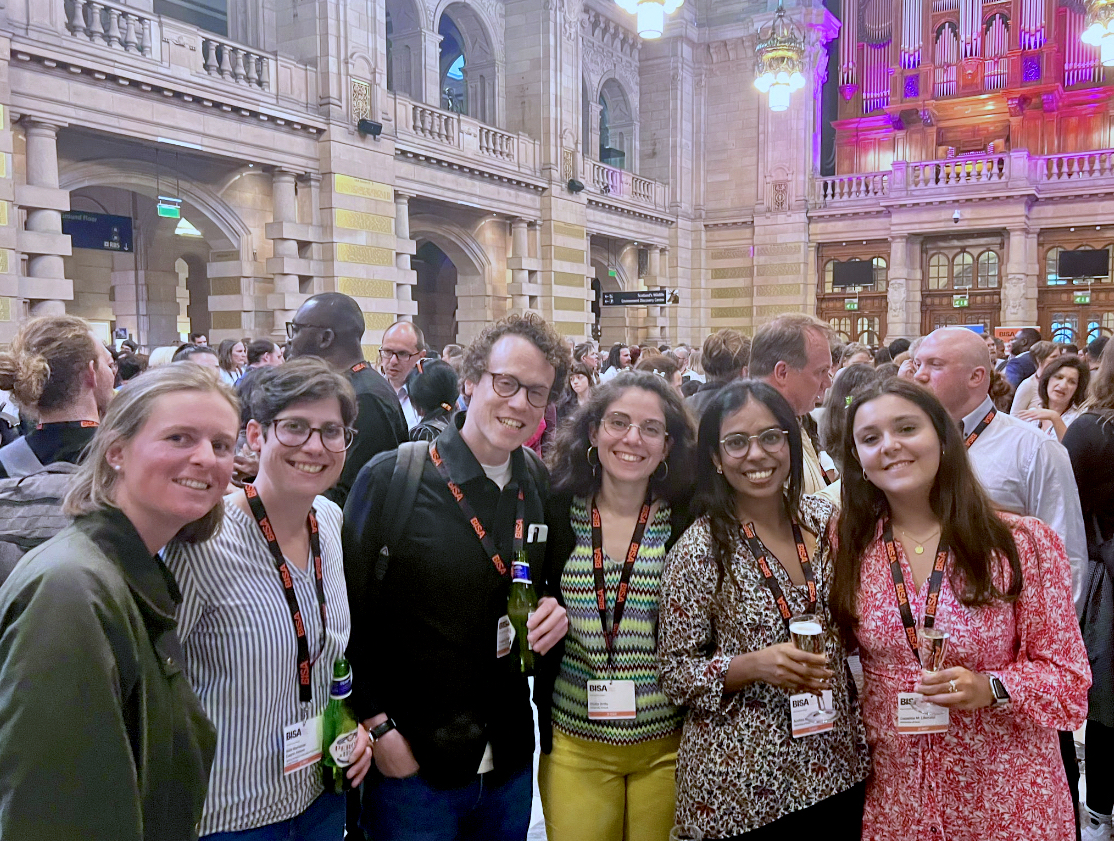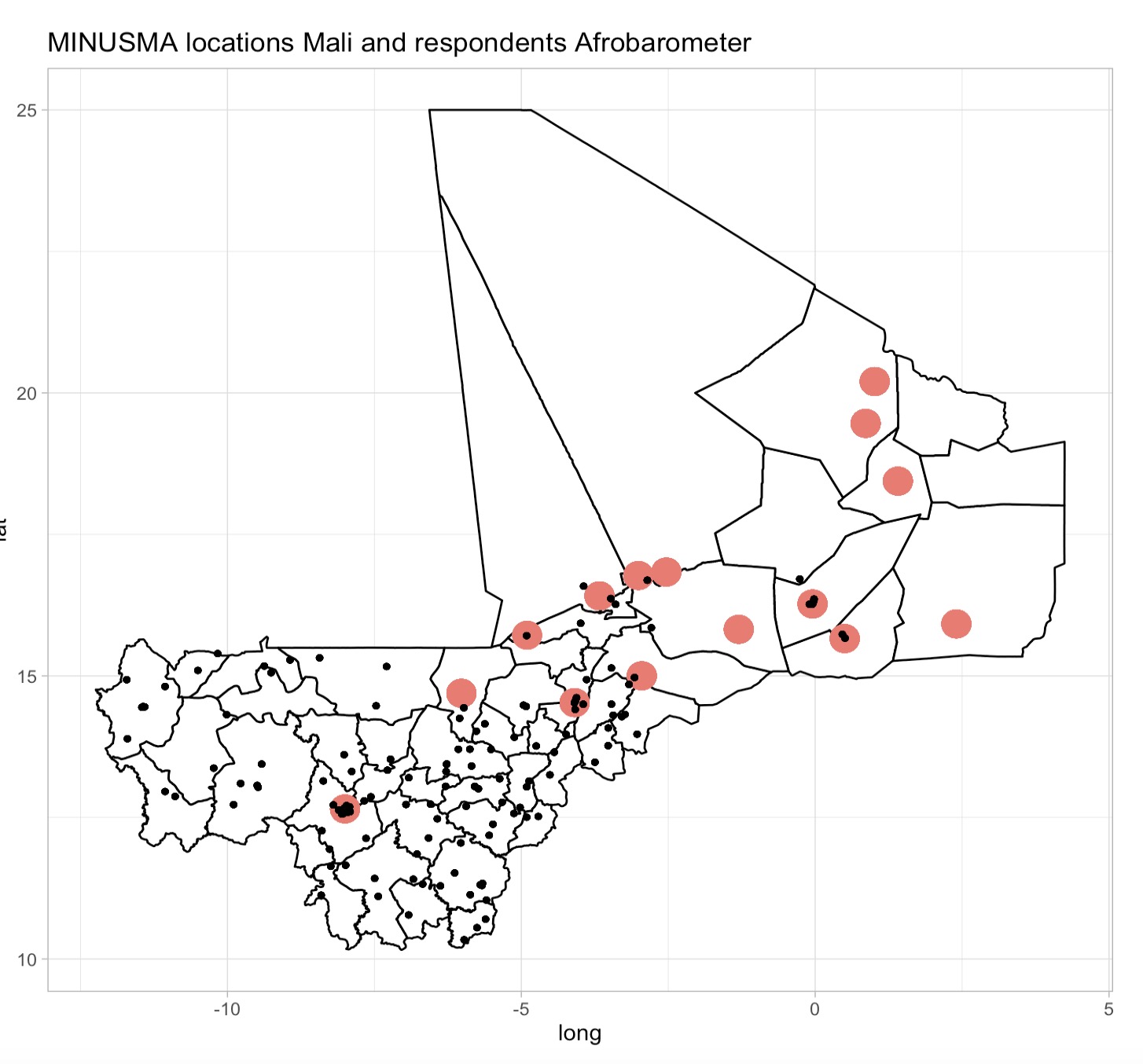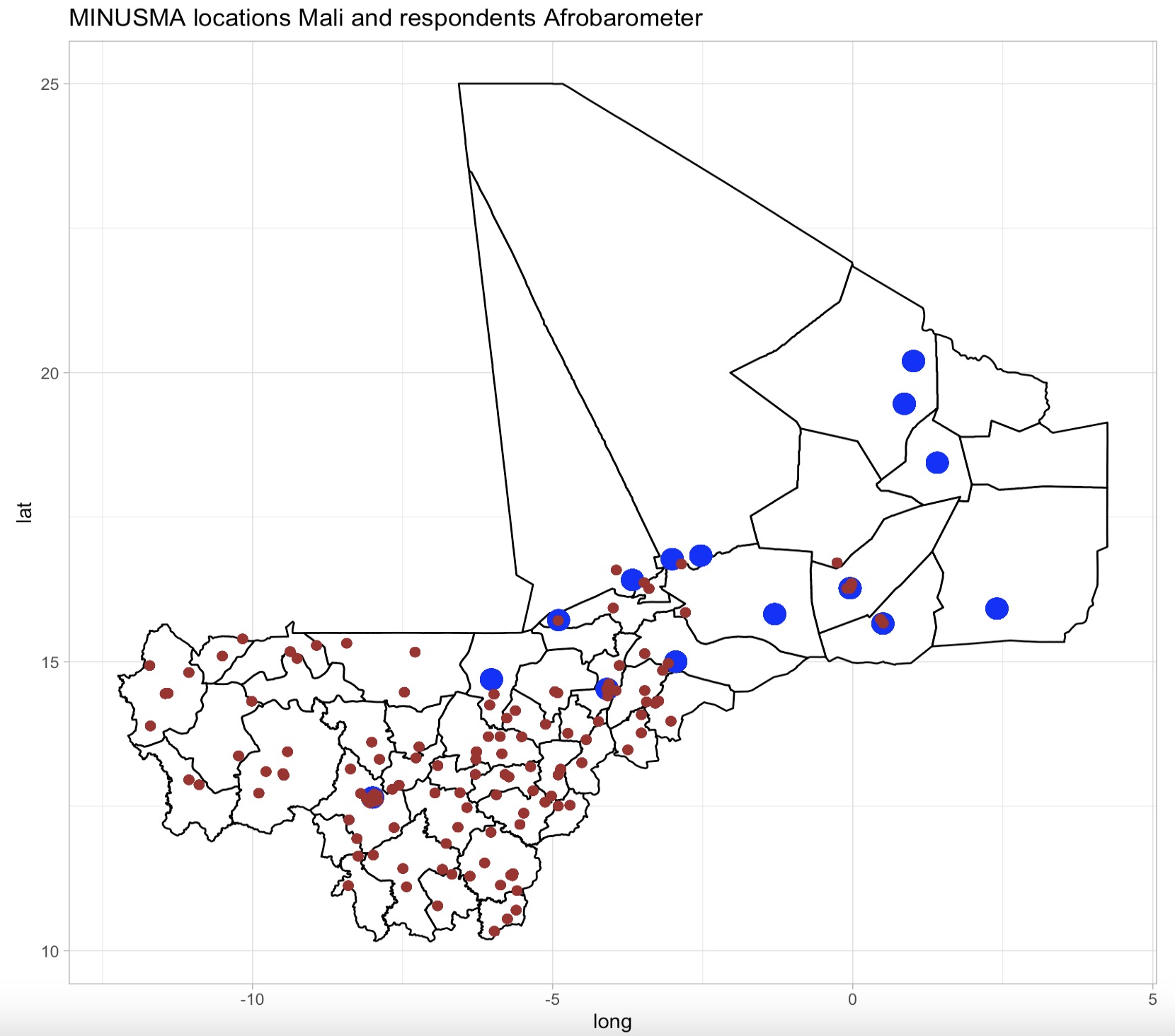This June we waved many of our junior researchers off for three days of inspiring, provocative and diverse panels and roundtables. PhD candidate Giulia Grillo was one of them. She reports here.
‘Between 21 and 23 June, PolIR researchers and PhD candidates took part in BISA Annual Conference, in Glasgow. BISA, the British International Studies Association, aims to promote and develop International Studies in the United Kingdom and beyond and every year, scholars from all over the world gather to present their research, catch up with colleagues, and start working together on new projects.
‘Academic conferences are very important opportunities for PhD students and established researchers’
They create the right environment to talk about our research, discussing how to improve it, and start disseminating it. BISA is so far one of the best ones and particularly for PhD students. The atmosphere is very friendly, and it is neither too big nor too small, but just the right size to offer a good variety of research topics, and many opportunities for researchers to share our studies.
This year is the 75th anniversary of the Universal Declaration of Human Rights so the theme was about considering those achievements in human rights and what still needs to be won to ensure that all people around the world enjoy human rights including Intergenerational justice which has come to the fore as attempts to deal with economic dislocation and crisis may leave future generations footing the bill. Also real questions as to whether the United Nations is up to the challenges – or whether there are alternatives.
I presented the results of my PhD thesis, which is titled ‘Psychological Perspectives on Radicalisation Processes. Stories from the Italian Far Left’.
Dr Nadine Ansorg presented a paper on ‘The geography of distrust: the case of Mali’ (a collaboration with Zorzeta Bakaki from the University of Essex) ‘We look into how peacekeeping missions affect people’s perception on trust in state institutions such as the police.’ Ansorg summarised ‘Matching geo-coded survey data from the Afrobarometer with geo-coded peacekeeping data from the MINUSMA mission. These maps use colours to demonstrate the findings. I also met a lot of people from other institutions to catch up and network.
Dr Seán Molloy presented his paper on Hegel and International Law which was part of his Leverhulme Major Research Fellowship.
- Make the Special Relationship Great Again: Brexit Implications and the US Influence on the Global Britain Strategy
- The Brexit Effect on the UK Higher Education and EU Academics’ Career Choices
‘The best way to describe the BISA Annual Conference is as the perfect three days of networking and brainstorming among the International Relations community in the UK.’ Catarina Lopes Rodrigues Liberato fed back ‘It is great not only to present and discuss our latest research but also to network with the top academics in the field who come from all over the world. As a researcher of British Foreign Policy and Brexit, BISA is the perfect opportunity to meet and discuss my PhD ideas with the authors I spend the year reading in my office.’
‘I had a very productive and exciting time in Glasgow.’ Recep Onursal told us ‘I presented my paper on “Strong Family, Strong Nation”: Populism and the Politics of Family in Turkey. The presentation went really well, and I was overwhelmed by the positive response from the attendees. Despite the last day of the conference and a late afternoon session, it was a full room session. Furthermore, the feedback and thought-provoking questions I received from both the panel and audience members have provided me with valuable insights that will undoubtedly contribute to my ongoing research. It was also great to reconnect with old colleagues and to meet new people.’
We’re very glad we had the opportunity to participate in BISA again this year. We were part of great panels with amazing scholars from different European universities. We had the chance to connect again with old friends, people who once were at Kent too, and to meet new scholars working on exciting and important projects. It was a very nice experience and Glasgow is a very nice city!
‘So, in academia, conferences are key, as they are really what gives our work that extra push for making it great and impactful.
BISA has definitely proven this and we can’t wait to go again next year.’
Giulia Grilllo is PhD Candidate in International Conflict Analysis.
The full list of 2023 speakers can be found here.



